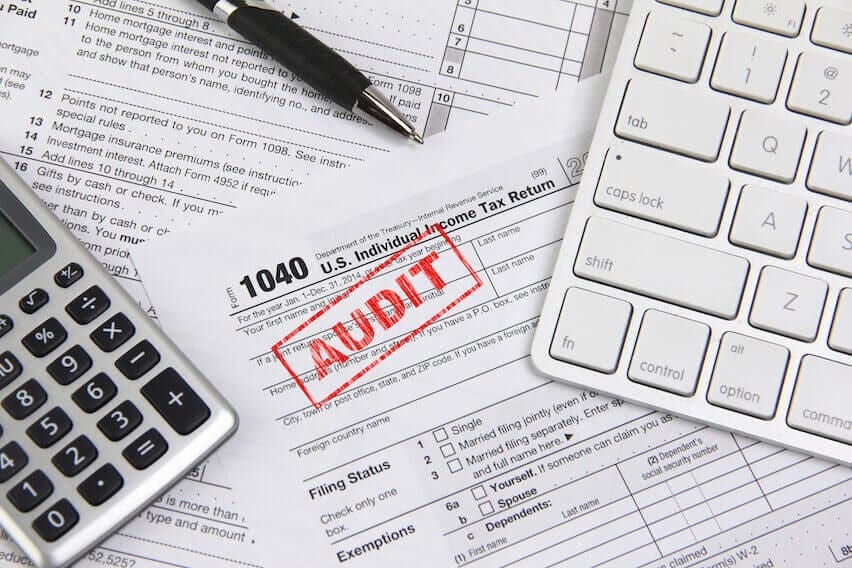Tax Audit Red Flags for Small Businesses

If you own a business, the last thing you want to wake up to is the IRS bugging you with a tax audit. The good news is these tax audits are extremely easy to prevent with the right processes and procedures being taken on a daily basis.
When trying to avoid the IRS, there are several different things you should keep an eye out. We’ll introduce you to three of the most common “red flags” or “triggers” that the IRS will use as a means to audit you.
If you can stay away from making the following mistakes, you’ll be able to prevent any unexpected appearances by the IRS.
Reporting Business Losses
For anyone in a sole proprietorship, you will be at an increased risk if a business loss is reported. The main reasoning behind this is due to the high risk of intermingling business expenses with personal expenses. Even in the event that your business did suffer a loss, you’re still likely to be audited.
If you’re a startup and are reporting a loss after your first year, there’s a good chance you won’t be audited. Still, you should be taking the necessary precautions just in case. You truly never know when the IRS might show up, so keeping detailed records of all expenses is essential. You should also double-check that your expenses are covered under the tax code.
Underreporting Income
Although it will be tempting for some businesses to underreport how much income they have, this will put you on a fast track to getting audited. The IRS receives reports of all credit card transactions that your business runs for the year. Using the numbers they receive from those reports, they’ll calculate how much cash you should’ve made for the year.
Whether you try to hide credit card transactions or cash transactions, the IRS will likely find out and audit you. To avoid this, you should be keeping detailed records of all income you make — in addition to keeping track of the various expenses your business has.
Mathematical Mistakes
The final “red flag” the IRS might use against your business is when mathematical mistakes are made when you file. When you’re going through and doing your math, it’s important to be just as diligent with it as with everything else. Always double check your work before sending your return to the IRS.
Luckily, most software these days will do a lot of the math for you. Still, you can never be too careful when filing your taxes. In fact, it’s always recommended to hire professional help. They’ll be able to ensure your deductions follow code, your income is reported correctly, and all math is correct.
Contact us today if you’re looking for extra help come tax season. We also offer year-round accounting services to keep your business in the green all year! Together, the IRS will have no reason to audit you and in the event they do, you’ll be more than prepared!
